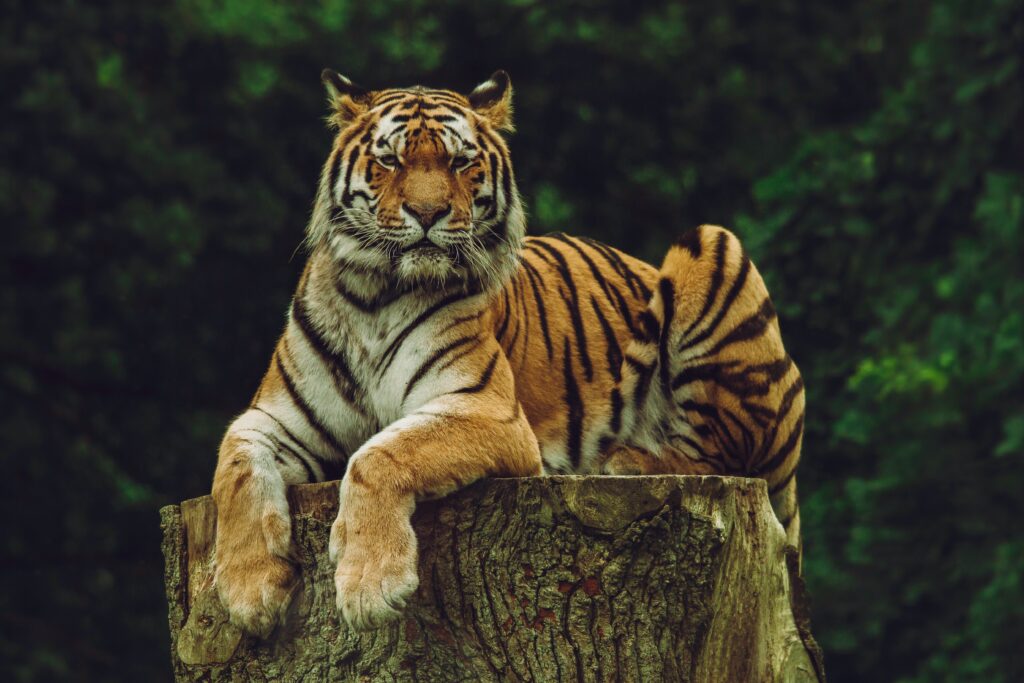Investigators revealed that North Korea engages in illicit wildlife trade despite laws protecting endangered species.
Researchers interviewed defectors, including hunters and traders, who confirmed widespread capture of nearly all large mammals.
Even highly protected species entered trade routes, often crossing into China.
Investigators also found evidence suggesting state participation in unsustainable wildlife exploitation.
Collapse of Economy Drove Wildlife Trade
North Korea’s economy collapsed in the 1990s, leading to a famine that killed up to one million people.
Citizens turned to informal markets, selling goods stolen from state factories or smuggled from China.
Wild animals became a critical food resource, and others used wildlife for medicine or clothing.
Wildlife also provided income through sales in domestic and cross-border markets.
Smugglers transported animal products into China, fueling international trade.
Lack of International Oversight Aided Trafficking
Neither North Korea nor China officially acknowledged the wildlife trade between them.
North Korea remains outside CITES, the treaty regulating endangered species trade, leaving little official data available.
Researchers could not use standard methods like market surveys or seizure data.
Instead, they relied on refugee testimony, satellite data, and reports from China and South Korea.
Accounts from former hunters, soldiers, and traders revealed extensive wildlife exploitation.
State Role in Exploitation of Wildlife
Interviews suggested direct involvement of the North Korean state in the trade.
Participants described government-run farms producing otters, pheasants, deer, and bears for their body parts.
Researchers found that North Korea pioneered bear bile farming before China and South Korea adopted it.
The state also collected animal skins through a quota system, with residents required to submit skins.
Hunters and communities sometimes offered wildlife products to leaders as tribute.


